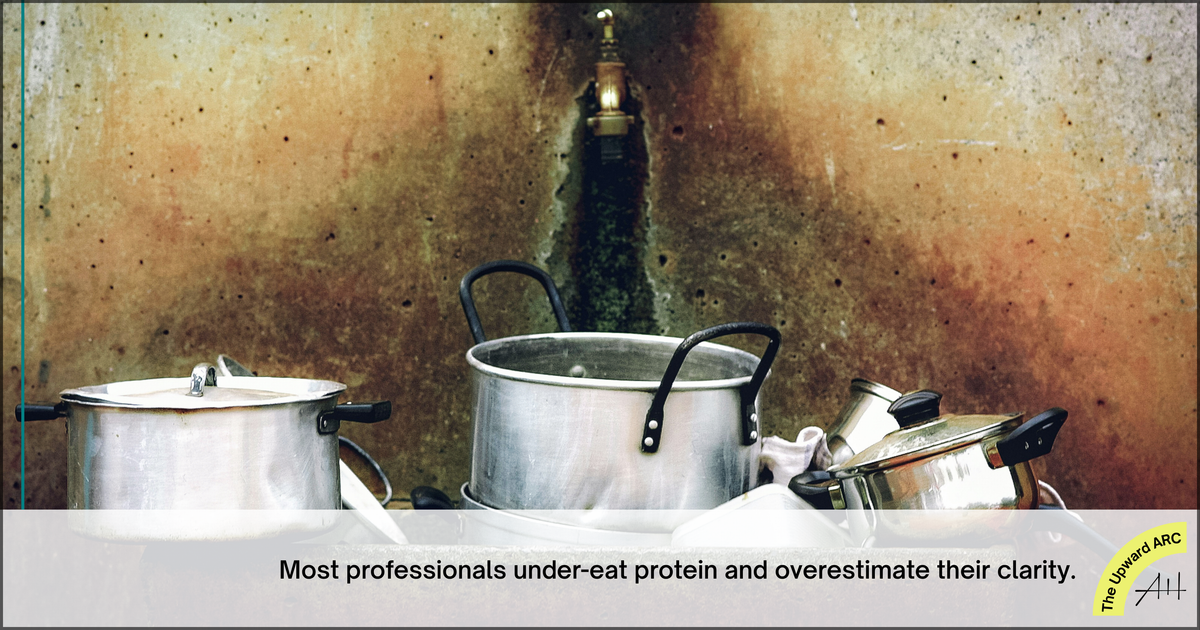Plate Power: The Hidden Code Behind All-Day Performance
I gave up on perfect parenting; settled for solid nutrition. Why? Because food is your daily performance code, not just future health insurance. Protein in the morning, smart carbs at lunch, recovery at night. Forget diets. Master timing, structure, and consistency.

This post is for members only
Already have an account? Sign in.
